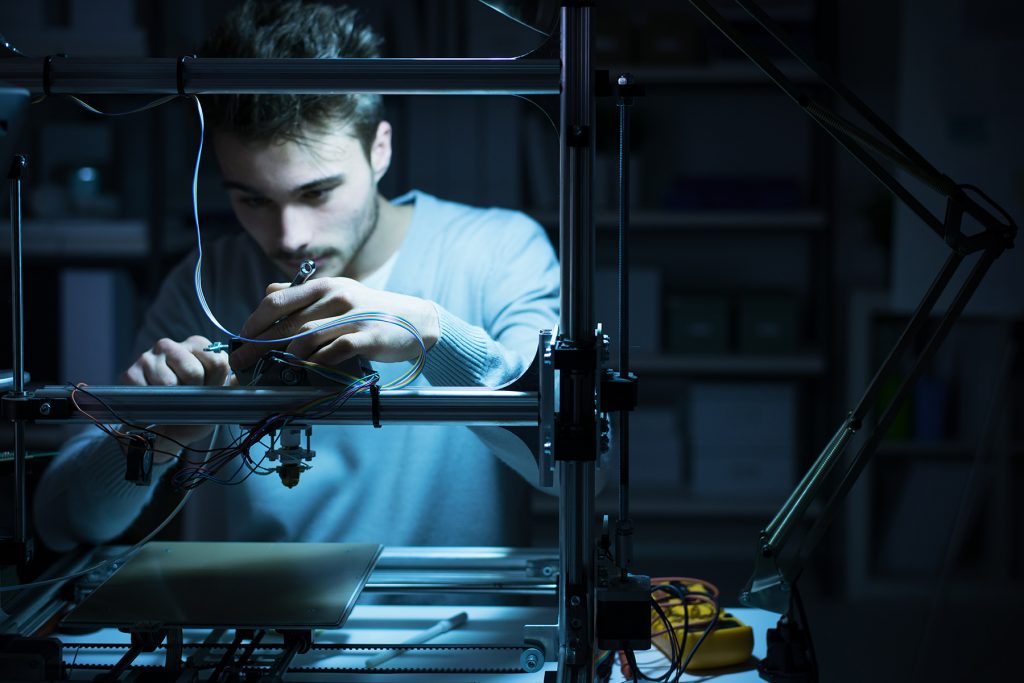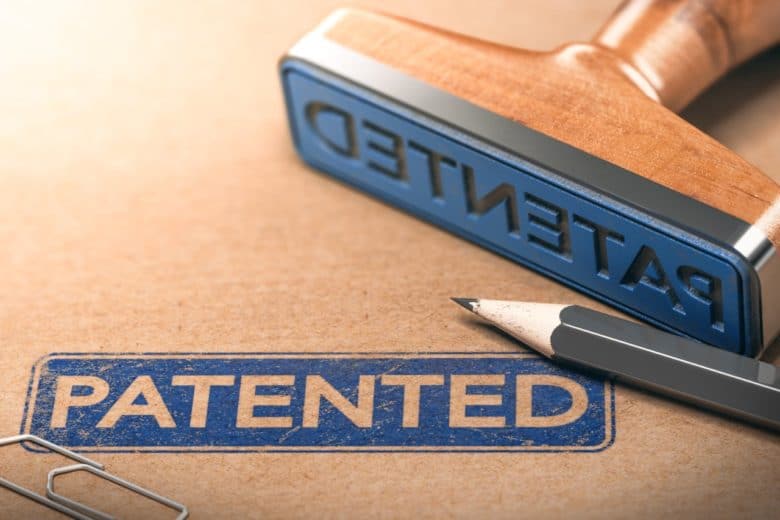Inventing doesn’t mean creating a new product or a new tool like we’ve had a case with the wheel. Inventions can provide solutions for problems, and that’s called intellectual products.
Inventions

Source: expatica.com
Inventions almost always cause changes. Many inventions changed the world for the better, but some inventions change it for the worse. Even then, inventions are still inventions – they brought something new to our daily lives, no matter whether it was used for better or worse.
Let us remind ourselves of Johannes Gutenberg, a German goldsmith, who invented a printing press in the 15th century. It was one of the revolutionizing discoveries with the Bible being the first book to be printed on it.
Also, let’s not forget the typewriter, which we used ten years ago too. We used a better version for sure, but it’s still the same idea. The typewriter was invented by an American inventor, Christopher Latham Sholes. Along with Samuel Soule, Carlos Glidden, and John Pratt, they managed to invent the first practical typewriter in the United States of America. Nowadays we can’t imagine our daily without typing or typewriters. Like students can’t learn without assistance and trustful sources such as customwritings.com review. There are many inventors, such as Thomas Edison, which we heard a lot of, Nikola Tesla, and many others, but the essence is in inspiration.
Invention such as the airplane was made by observing birds, their wings, and their wings movements, making it easier for them to create something just like the airplane. Scientists were inspired by nature.
Helicopters were made on a similar principle. An ant was used as a role model to create a helicopter body. Propellers were made by observing a leaf falling.
Patents

Source: osram-latam.com
A very important thing when it comes to inventions is patents.
What is a patent? People connect these two terms, but most people don’t know what the real meaning is. A patent gives you an exclusive right to an invention. This right can be given to the third party if needed.
1. Patent Protection

Source: entrepreneurshipinabox.com
As we know, patents are exclusive rights for someone to use an invented version of that product. Why do you need to patent your invention? It is a very commonly asked question.
Patenting your invention means that no one can use that invention by placing his name next to it. That is called patent protection. In other words, no one can commercially use it or distribute it.
What types of patents can be protected?
Well, several types of patents could be protected, but you should be able to protect products such as computers or any technology product. Also, you can protect your ideas and processes.
How long does the patent protection last?
Generally, patent protection lasts twenty years from the filing date of the application. Once the patent application expires, the patent goes out publicly, and someone can exploit the patent.
2. Licenses
We’re acknowledged that the third party can be involved in a patent. This means that the owner of that product or idea can grant a permit to someone else so he can have rights to that invention.
The permits are granted by agreed terms and conditions with the third party which can be an individual or a company.
3. Competitors

Source: epmmagazine.com
Learn to keep your ideas for yourself. Nowadays, it’s too hard to keep something out of the public domain, especially ideas which you can realize.
Many companies wander around to catch a great idea or buy it from someone else. Why not selling your project if you’re not capable of realizing it? That could be a good plan but think twice before doing it.
Protect your patent, even if it’s still just an idea because you could make a profit out of it and make a change for the better.
4. Attraction to your business partners
It would feel great if you had many business partners attracted to your company or you as an individual. How to achieve it? Not by avoiding to patent your invention.
Can you imagine how many business partners you can get if they look at your file or a company record and see a patent right there? A patent gives you a path to the market. Stepping out to the market means having outstanding opportunities for your career, as well as business.
5. Profit

Source: solutionshouse.com.hk
We’re all here to make some money out of it. The profit has many things to do with your patent and invention, don’t forget that. It plays a big role. You could make some cash, but first, you need to patent your invention so you can go to make deals with companies.
Companies will pay a lot for your project, depending on if it’s an idea or an already realized project awaiting investors. Consider it before deciding on what you’re going to do next. Very few people didn’t play this game for money, but we need a way to survive, right?
6. Market Position
We spoke about your market path and did a quick recap of what you should do to get on the market with your idea. However, it isn’t the only thing you should be worrying about when we talk about the market position. Think about your project becoming the first invention of that kind in the world. Bill Gates became a millionaire by doing so, didn’t he?
You should be aware of market conditions and market needs. It is the only way of making a clear path on the market.
What is InventHelp?
As children, we had dreams about making something big for the world, just like Edison or Tesla did. We wanted people to talk about us, our great inventions, and our intelligence. Today, as adults, we have a chance to do it. Might you have something planned as a kid? Today is a day to realize it. InventHelp helps investors, just like you, every day! And guess what? It’s free information for you! If you want to get informed a little bit more, click this https://twitter.com/inventhelp and find useful information!







